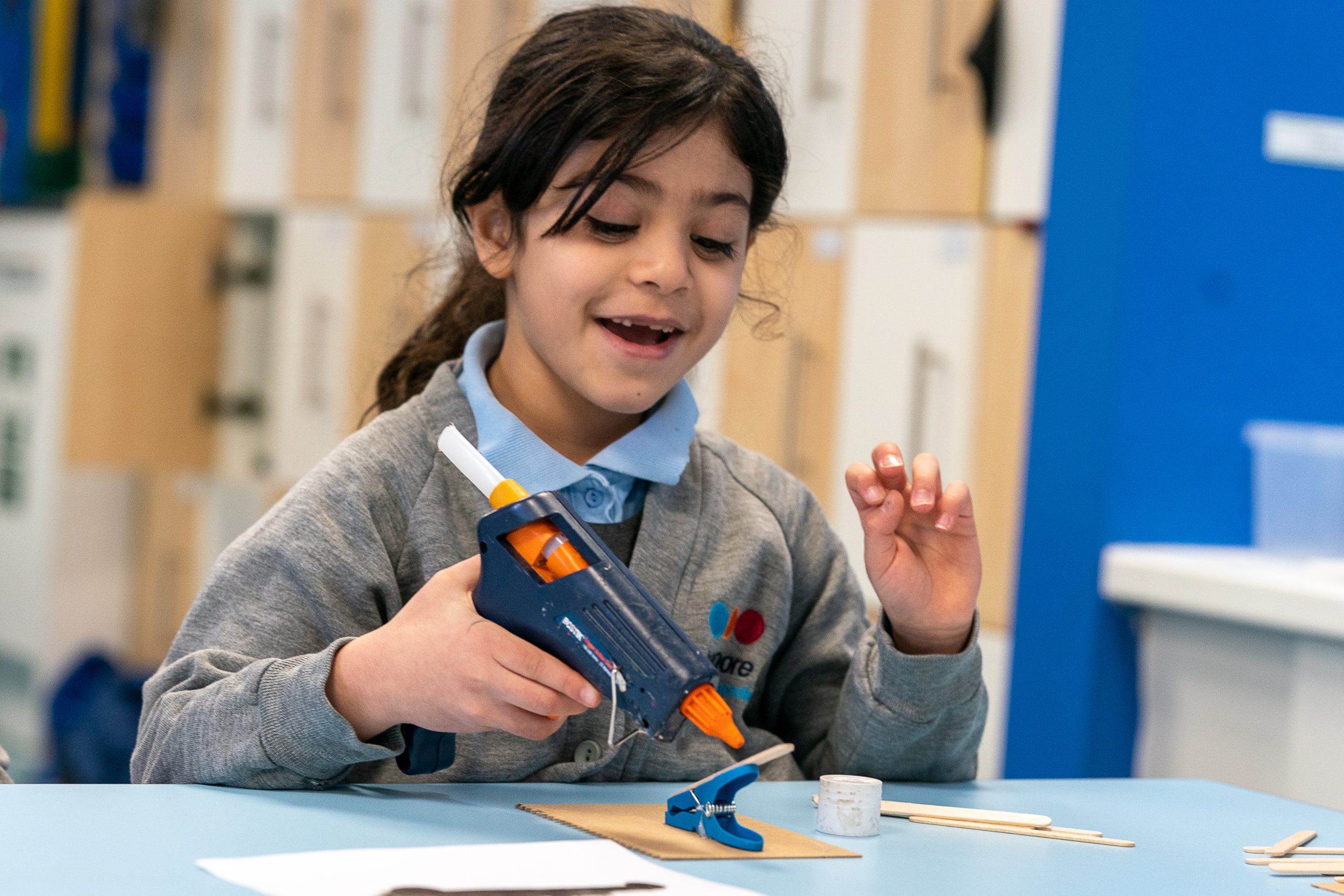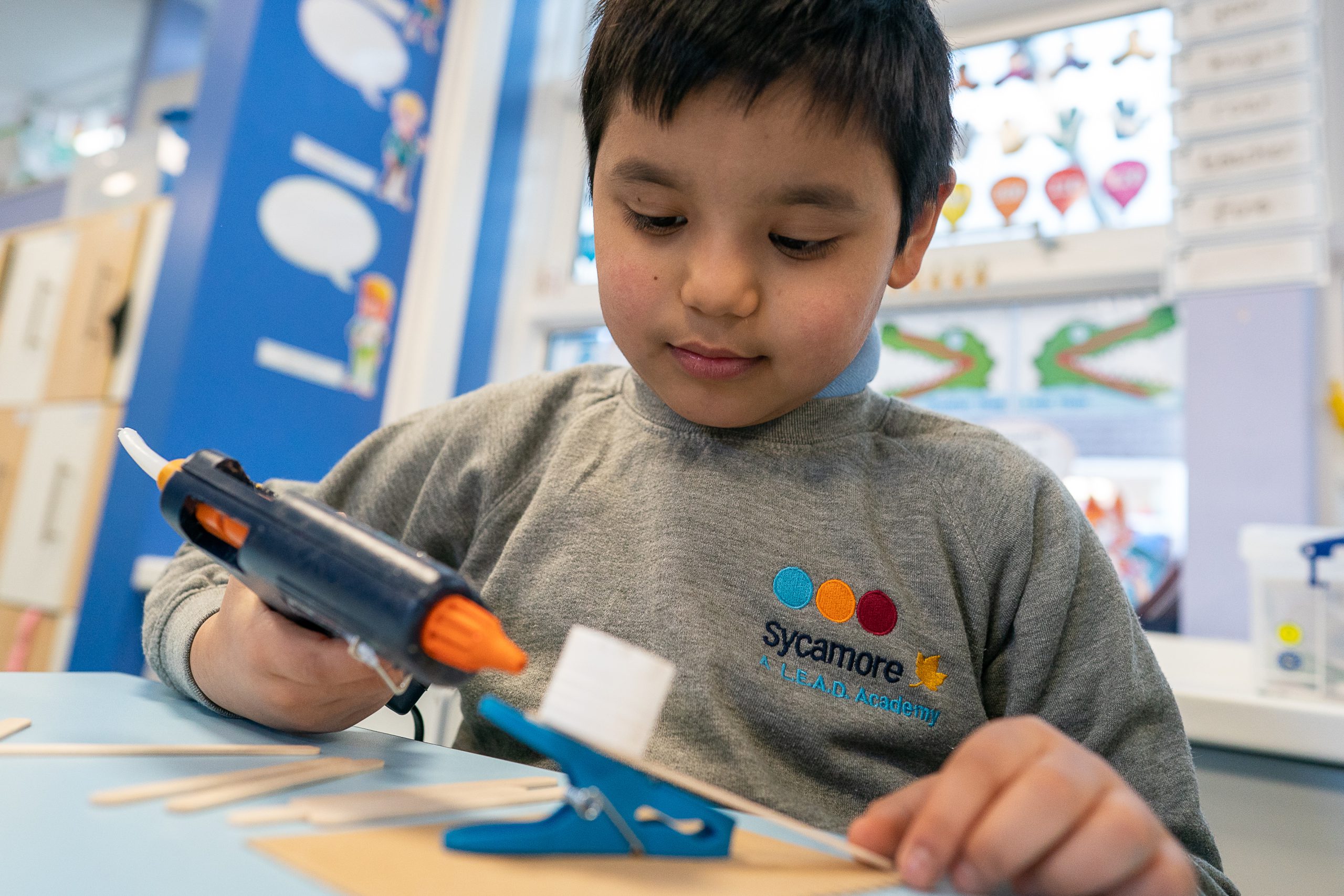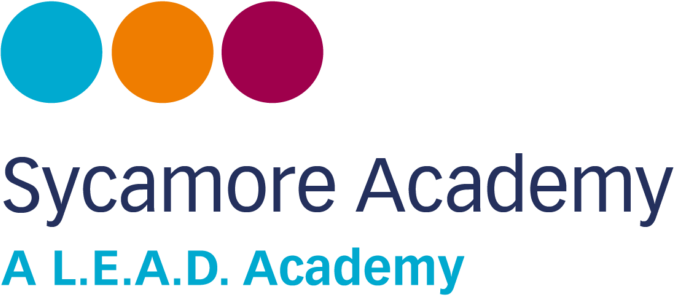

Our Design and Technology curriculum is underpinned by the National Curriculum Program of Study
Purpose of study
Design and technology is an inspiring, rigorous and practical subject. Using creativity and imagination, pupils design and make products that solve real and relevant problems within a variety of contexts, considering their own and others’ needs, wants and values. They acquire a broad range of subject knowledge and draw on disciplines such as mathematics, science, engineering, computing and art. Pupils learn how to take risks, becoming resourceful, innovative, enterprising and capable citizens. Through the evaluation of past and present design and technology, they develop a critical understanding of its impact on daily life and the wider world. High-quality design and technology education makes an essential contribution to the creativity, culture, wealth and well-being of the nation.
Aims
The national curriculum for design and technology aims to ensure that all pupils:
- develop the creative, technical and practical expertise needed to perform everyday tasks confidently and to participate successfully in an increasingly technological world
- build and apply a repertoire of knowledge, understanding and skills in order to design and make high-quality prototypes and products for a wide range of users
- critique, evaluate and test their ideas and products and the work of others
- understand and apply the principles of nutrition and learn how to cook
(National Curriculum 2013)
Design and Technology at Sycamore Academy
Intent
At Sycamore academy the ‘Design, Make and Evaluate’ is the approach to the teaching of Design and Technology, as outlined in the National Curriculum. We intend to provide all children with plenty of opportunities to develop their technical skills of construction, mechanisms, textiles, electronics and cooking and nutrition through a well-planned, engaging and practical curriculum. In addition, the school aims to develop the children’s use and understanding of technical vocabulary associated with this subject. This is so that the children can articulate the skills that they have applied, the equipment that they have used and describe the materials and features of the product that they have made. The design and technology curriculum is delivered mainly through our skills-based curriculum also through topics particularly associated with current class work. The stipulation is that over each key stage there is a balance of projects concerned with textiles, food technology, electronics, mechanisms and materials.
Implementation
Each class teacher is to do at least one design and technology topic per term and children are encouraged to be consistently reflective and experimental throughout their learning. When designing their product, children will research and refine their ideas through detailed designs and prototypes. Pupils are encouraged to use computers/iPads to look at existing models and design their products. During the making process, teachers model technical skills and highlight good practice and safety skills. Finally, in the evaluation stage children will be considering what worked effectively and how they can improve the impact of the overall appearance and usability of their product.
Key skills and key knowledge for design and technology have been mapped across the school to ensure progression between year groups. This also ensures that there is a context for the children’s work in design and technology; that they learn about real life structures and the purpose of specific examples, as well as developing their skills throughout the programme of study.
Impact
Through design and technology children will learn how to take risks, becoming resourceful, innovative, enterprising, and capable citizens. Through the evaluation of past and present design and technology, children will develop a critical understanding of its impact on daily life and the wider world. As designers children will develop skills and attributes they can use beyond school and into adulthood. Children will also build and apply a repertoire of knowledge, understanding and skills in order to design and make high-quality prototypes and products for a wide range of users and critique, evaluate and test their ideas and products and the work of others. High-quality design and technology education makes an essential contribution to the creativity, culture, wealth and well-being of the nation.



